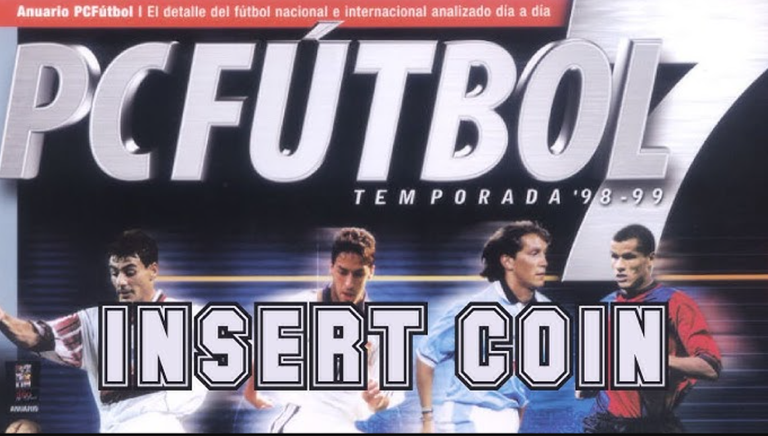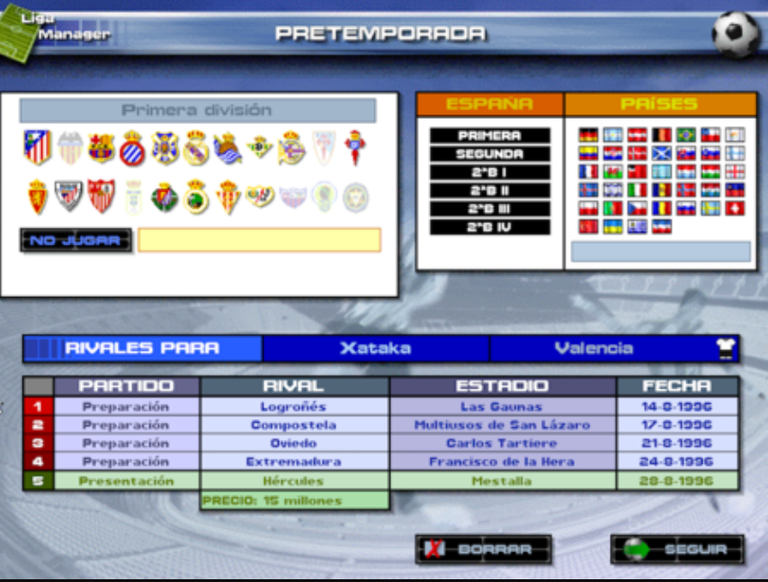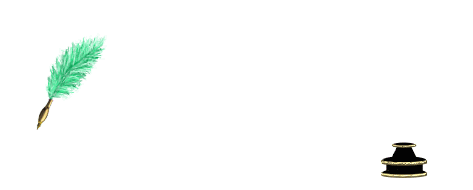Do you remember PCFútbol? This is how the gem that shaped a generation was born.

Throughout the history of football, there have been many era-defining tactics, but until the 1990s, the formula that worked best was THE DIAGONAL. For years, the corner kick was the best way to break down the toughest defenses in sports video games, turning midfielders into true goal scorers. But all that changed when, in 1992, the world of digital football transformed the art of ballplay... for the price of tickets. Today, the PCFútbol saga (Michel sounds like it).
the origin of PC Fútbol
1992 was the year of Olympic Games mascots like Curro's Cobi, and in the video game industry, Mario and Sonic were beginning their rivalry on the 16-bit system. But in the PC world, things were changing. Without a clear dominator and with games that were far removed from the colorful, bouncy console titles, PC developers offered different products, making up for technical differences with ingenuity and expertise.
After closing the Golden Age of Spanish software with the video game Risky Woods, Dinamic Software, a family company founded in 1983, disappeared from our lives. Many successful titles were left behind, such as Don Quixote, Fernando Martin Basket Master, Game Over, and (Michel sounds familiar) Michel Fútbol Master.
Due to the passion for the king of sports professed by the Ruiz brothers, owners of the company, Dinamic Software also created a large and beautiful database with all the details of the Spanish Professional Football League. Driven by the desire to make one last title and heavily influenced by the great Football Manager, in 1992 and as a farewell before the final closure, Dinamic Software decided to unite these last two titles under the name Professional Football Simulator.
Professional Soccer Simulator is considered by all to be PC Fútbol 1.0. It laid the groundwork, it paved the way. But it was also a distress signal for a project, Dinamic Software, which needed another publishing group to distribute its product. This distress signal was received and answered by the then owner of HobbyPress, a publishing house that owned various video game magazines. In an unexpected twist of fate, in 1993 Dinamic Software was reborn, like a phoenix, becoming Dinamic Multimedia. From its wings emerged one of the greatest hits in the history of entertainment in this country: PCFútbol 2.0, where MICHEL NOW PLAYS. Michael Robinson was the face of the video game that blew our minds.

For many, PCfutbol 2.0 was their first introduction to video games and the beautiful game. Without understanding much, we paid ridiculous bonuses to win, signed the league's biggest names for our teams, and tried to win by using corner goals. All thanks to a fairly simple and user-friendly gameplay.
And just when it seemed we had the hang of the title, PCfutbol 3.0 appeared. More than a new game, PCfutbol 3.0 was a new version. Visually improved, with new options, and fully updated to the 1994-95 Liga. Injuries and the ability to continue the Liga after its end increased the hours of fun. The same thing happened with PCfutbol 4.0, which expanded the gameplay with the Pro-manager League. The national editions were joined by Calcio and the Argentine League, and the numbers kept rising. From the nearly 36,000 copies of 2.0 to the 140,000 of 4.0, only two years separated them, and to this we must add the success of the basketball version of the title: PCBasket.

But what goes up must come down. And PcFutbol's fall was long and painful. For version 5.0, several changes were introduced. To begin with, it would be the first version released for Windows 95, and the game system was completely revamped with a 3D simulator, as well as hilarious narration by Michael Robinson and Chus del Río. The database continued to grow, and the Segunda B division made an appearance. From a user perspective, the game was ugly. At that time, both FIFA and International SuperStar Soccer (later Pro Evolution) were giving Dinamic's simulator a run for its money, but PcFutbol's appeal increasingly focused on the manager system.

But the problem came from the developers. Disagreements within the Dinamic Multimedia team grew increasingly greater, and resignations began, along with the immense workloads. PC Fútbol 5.0 was finally released in January 1996, well into the La Liga season and after the Christmas campaign. The pressure, which is never a good thing, caused the game to become riddled with minor bugs, which were slowly affecting the gameplay and the other products of a company consumed by its great creation.
Once again, version 6.0 became an improved version of its predecessor and ended up being the best-selling release, with 600,000 copies in Spain. But chaos had already set in for a team unable to meet schedules and increasingly overwhelmed by the implementation of new game systems, which lost the simplicity and originality that had been the company's trademarks. Teams working on several projects simultaneously, a lack of resources to focus on or expand emerging franchises, and an obsession with creating an internet portal dedicated to football led to Dinamic Multimedia's bankruptcy in September 2001.

Genesis: League Goals - The Modern Spiritual Heir
While PC Fútbol's legacy seemed to fade amid failed attempts at resurrection, a new light appeared decades later: Genesis: League Goals.
This title, created by enthusiasts of the genre, doesn't seek to compete with modern giants, but rather to revive the spirit of 90s football management games. With a modern yet simple interface, in-depth statistics, an extensive career mode, and a realistic transfer and economy system, Genesis: League Goals is more than a love letter to PC Fútbol: it's a clever reinterpretation. With multiplatform access, constant updates, and an engaged community, League Goals represents a new opportunity for all nostalgic fans who once dreamed of taking their team from Segunda B to glory... even controlling the ticket price. It may not sound like Michel, but his spirit is still present.
